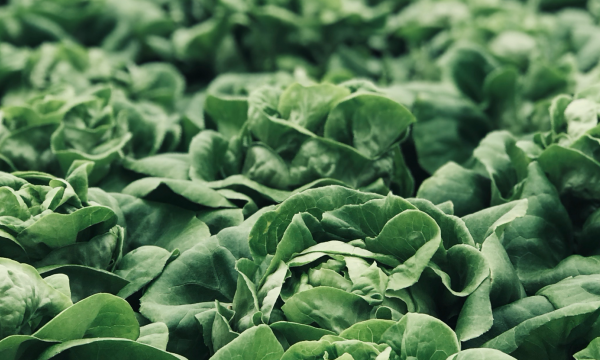Project aim:
Inquiry into the success factors, problems and constraints of the marketing of sustainable food production. (Institute for Rural Development Research of the J.W. Goethe University, Frankfurt-on-the-Main, for the European research project SUS-CHAIN.
Activities of ECOZEPT:
Conducting bibliographic research and interviews with experts. Analysis of value chains in different supply chains.
Client:
EU DG AGRI


 0more
0more



 0view all
0view all 